Is it racist to be patriotic? Is patriotism, by definition, small-minded and exclusive? When you strip away the onion layers of sentiment about history and hymns, Shakespeare and lawn clippings, does it have a hateful heart? I ask because, as I’ve written before, I feel patriotic, and until recently I’ve considered this to be a good thing.
I felt particularly patriotic at a service in Ravenstonedale, Cumbria, last week. I slid in late and guilty, amid snippy Sunday stares. After the sermon we trooped outside and in the suddenly sunlit graveyard the vicar whipped a trumpet from his cassock and began to play. A pair of starlings began their electric warble, the motes and midges were bright against the dark church wall. Men stood suited, four-square, and everybody tried not to tread on the grass. My heart lifted with affection for this country, it lifted and then it paused, punctured mid-rise with doubt.
The trouble was this: I’d been to dinner recently at the Athenaeum club with a distinguished doctor: clever, interesting, urbane. Over decaf in the morning room, he insisted that to be patriotic was brutish, retrograde. He was thinking of football supporters, he said with a shudder, but cut no slack even for soft patriots like me, or the crowds tearing up over the poppies by the Tower. Sentimentality about Queen and country turned his stomach, he said and though I coughed a bit, like a coward, I laid low. Dinner was on him, and besides he spoke nine languages.
Since our chat I’ve heard a similar story from all manner of sophisticated types, even and especially Tories. They wait a while, till Remembrance day has passed, then say: patriotism is dangerous, it bleeds into supremacism and starts world wars. Moreover, it’s an unsophisticated taste, like rum and coke, or pineapple with ham; one that should be excised from the civilised mind.
Well, I’ve given this notion some thought. I’ve tried to see it their way, but in the end, I disagree. To begin with, patriotism isn’t nationalism. Orwell was clear about the distinction. ‘Nationalism is inseparable from the desire for power,’ he wrote. ‘Patriotism is of its nature defensive, both militarily and culturally.’ More than that, I think that patriotism of a gentle and generous sort, far from being uncivilised, is what makes civilisation possible. Nationalism looks down on other nations and wants to overrun them. Patriotic fellow-feeling creates trust, without which taxation, government and the rule of law would be impossible.
Here, I can almost see Athenaeum man choke on his Bendicks bitter mint, and I know what he’d say when he recovered: fellow-feeling is all very well, but why should it stop at the border? How parochial. Why not a European love-in, or global trust? And I’d say (had I a week to prepare my answer) that this just isn’t how trust and reciprocity work.
We all began as sectarians: it’s in our selfish genes. We’ve been squabbling since our Rift Valley days, wasting time and lives locked in clan-on-clan vendettas. As Paul Collier says in his terrific book Exodus: Immigration and Multiculturalism in the 21st Century: ‘Trust and co-operation do not arise naturally. They are not primordial attributes of the “Noble savage” that get undermined by civilisation… The evidence suggests precisely the opposite: trust and co-operation beyond the family are acquired as part of the functional attitudes that accumulate in a modern, prosperous society. One reason that poor societies are poor is that they lack these attitudes.’ So trust grows and develops over time, and it grows in concentric circles, from small to big. You trust yourself first, your family, then your clan and, only slowly and hesitantly in the right conditions, something bigger: your country. Once you’ve grown this fragile sense of nation, you trash it at your peril.
Good riddance nonetheless, anti-patriots might say: our country has changed so much that no one story could or should sum it up. All that guff about vicars excludes the feelings and experiences of Britain’s diverse and multicultural population. Well, quite right. I don’t require everyone to buy into lawns and labradors — it’s a nationalist not a patriot that has one authorised version of a country. My idea of Britain is a hotchpotch of my memories and learnt history. Every Briton will have different experience and a different idea of the country. But I can’t see why all our different stories shouldn’t amount to a shared sense of belonging, and a shared pride.
If we don’t feel a quiet patriotism, fellow feeling for fellow Brits — if we find it tricky to trust each other — then society begins to crumble. If you need convincing, consider Nigeria. A friend of mine directed a documentary in Lagos recently and though he loved the country for its energy and resourcefulness, he came back wide-eyed at the lack of neighbourly love. The thing that summed it up, he said, were the signs, hand-painted in large letters on the outside walls of many houses. They read: ‘This house is not for sale.’ When he asked what on earth these signs could mean, his fixer told him: if you have a nice house, and you leave it for too long, even just for a few hours, someone will break in and sell it to another family. You will come back to find strangers in your front room, and your belongings on the street.
In contrast, for the unifying and pacifying effect that patriotism can have, look at Lebanon — not now perhaps, but just a few years ago. For over a decade, during its civil war, Lebanon was fractured into warring sects: Sunni, Shia, Maronite, Greek Orthodox, Greek Catholic, Druze — all at each other’s throats. After the war ended, there sprung up in the country a sort of defiant patriotism, a shared love of country over sect. A decade ago, when I visited with friends, no one we met would confess which side they’d been on in the war. ‘It doesn’t matter, we’re all Lebanese now.’ Their patriotism made for generosity, in the same way it does in America: we cruised the country being offered lifts wherever we went, not to mention all the cakes and tea. ‘In our country, we help the strangers,’ people said. Athenaeum man, tucked away inside in his very exclusive club, thinks, as do many others these days, that patriotism is infra dig. But if he thinks it’s frightening, he should consider the alternative.
Got something to add? Join the discussion and comment below.
Get 10 issues for just $10
Subscribe to The Spectator Australia today for the next 10 magazine issues, plus full online access, for just $10.
You might disagree with half of it, but you’ll enjoy reading all of it. Try your first month for free, then just $2 a week for the remainder of your first year.


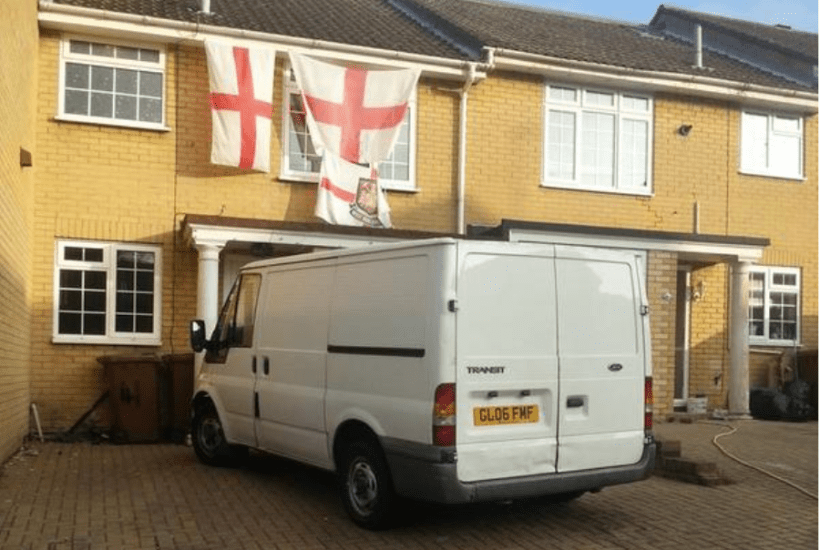
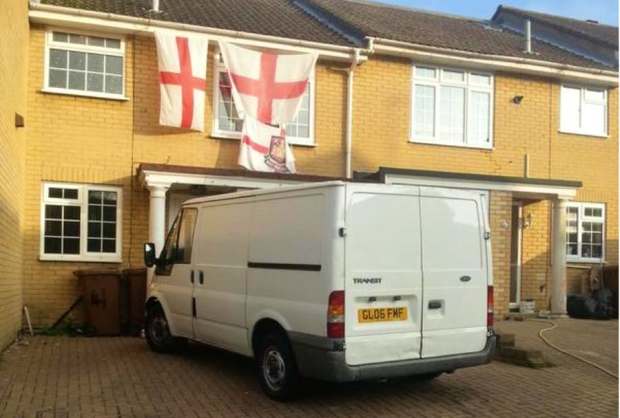
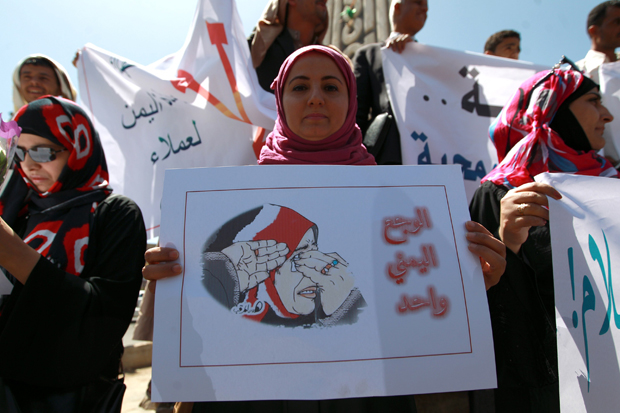
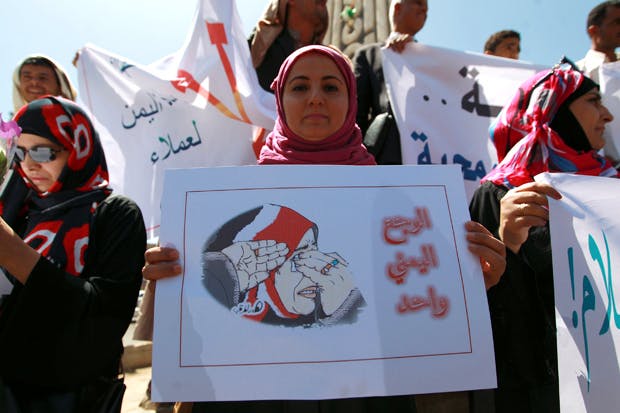
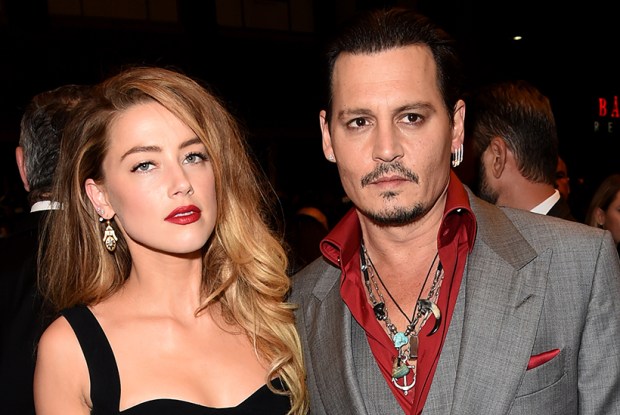
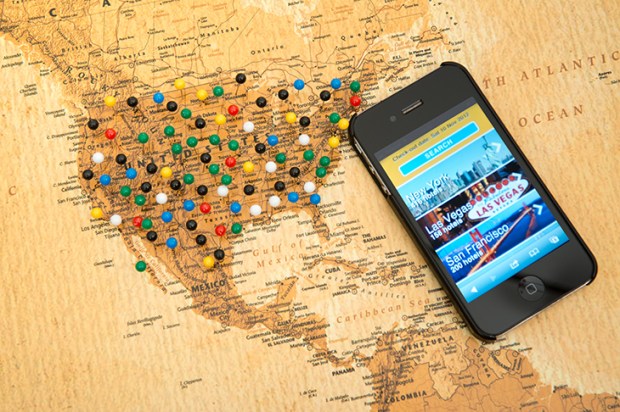







Comments
Don't miss out
Join the conversation with other Spectator Australia readers. Subscribe to leave a comment.
SUBSCRIBEAlready a subscriber? Log in